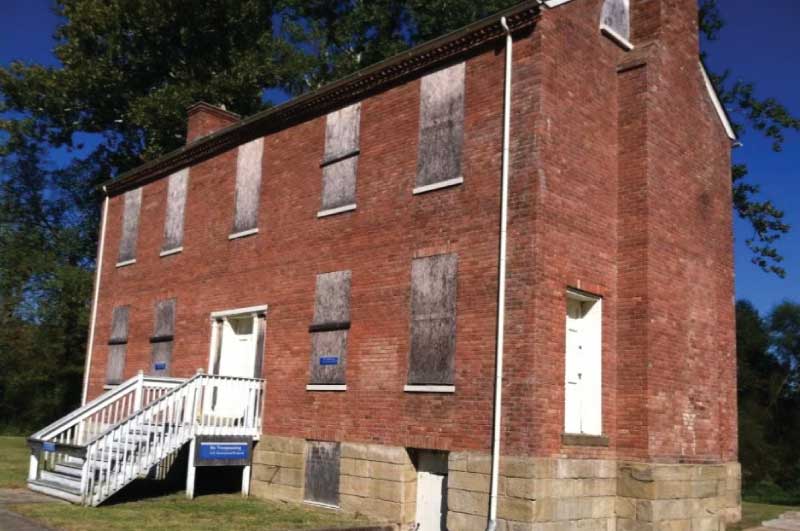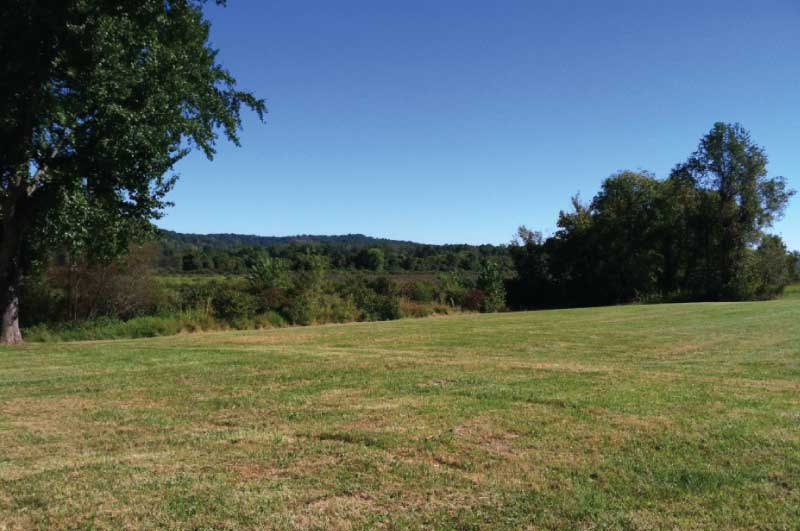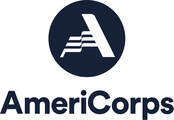|
By Robert My name is Robert Wolfe and I am currently finishing my MA in public history from West Virginia University. Starting in December I will begin serving at Main Street Fairmont in Fairmont, West Virginia. Given my educational background in historic preservation and public interpretation, along with my interest in adaptive land reuse, a Main Street program is an ideal place for me to undertake a service position. Throughout my education I have had the privilege of working for a number of institutions including; George Washington’s Mount Vernon, the Pendleton Historic Foundation, and the Heritage Trail Conservancy of Madison Indiana. I know my time at Main Street Fairmont will be equally as rewarding. Since finishing my Undergraduate Degree I have been fascinated with discovering new ways to utilize our heritage. Like many people in the field of public history, I believe there is an excess of historic house museums. Too many stories competing for a limited audience is creating a strain on budgets. While it would be nice if house museums could sustain themselves on admissions alone, it simply is not feasible in the 21st century. Historic houses need to gather new audiences so that we all may retain our cultural heritage. Just because a building is old, doesn’t mean it must be a museum! The workshop “Charetting the Jenkins House” at the Preservation Alliance of West Virginia 2014 Conference, was a natural workshop to attend. The Jenkins House (Green Bottom) is an 1825 plantation house on the Ohio River. The home, currently owned and mothballed by the U.S. Army Corps of Engineers, has been meticulously restored to its appearance in 1825. The Jenkins House operated as a house museum for a time. During this period the house would host Civil War encampments and special holiday events. The Jenkins House currently awaits a new use.
The charette was a refreshing change in house museum narratives. Local historical societies typically receive the unfair stereotype of being inflexible in their beliefs. The stakeholders of the Jenkins House were interested in restoring the old museum events but also interested in expanding the scope of activities at the site. The site has an excellent view of natural wetlands and ample space for people. The natural beauty lends itself to its use as an event space. Other options discussed include a community garden, a historic gardening site, or community space for local events. As a government property, the Corps of Engineers is responsible for upkeep and bills for the Jenkins House. The Jenkins House is in an advantageous position to experiment with new uses. This gives the property an advantage, allowing the stakeholders to put more resources into developing alternative uses for the property. Charettes are just one example of how historic preservationists can interact with the local community to preserve local heritage. The PAWV Conference allowed me to get hands on experience on the benefits and uses of charettes. Classroom experience can never equal field experience. Comments are closed.
|
News and NotesCategories
All
Archives
May 2024
Subscribe to our mailing list to receive e-news updates on historic preservation news and events in West Virginia.
|
Get Involved |
Programs |
Contact UsPreservation Alliance of West Virginia
421 Davis Avenue, #4 | Elkins, WV 26241 Email: [email protected] Phone: 304-345-6005 |
Organizational Partners:
© COPYRIGHT 2022 - PRESERVATION ALLIANCE OF WEST VIRGINIA. ALL RIGHTS RESERVED.



 RSS Feed
RSS Feed



